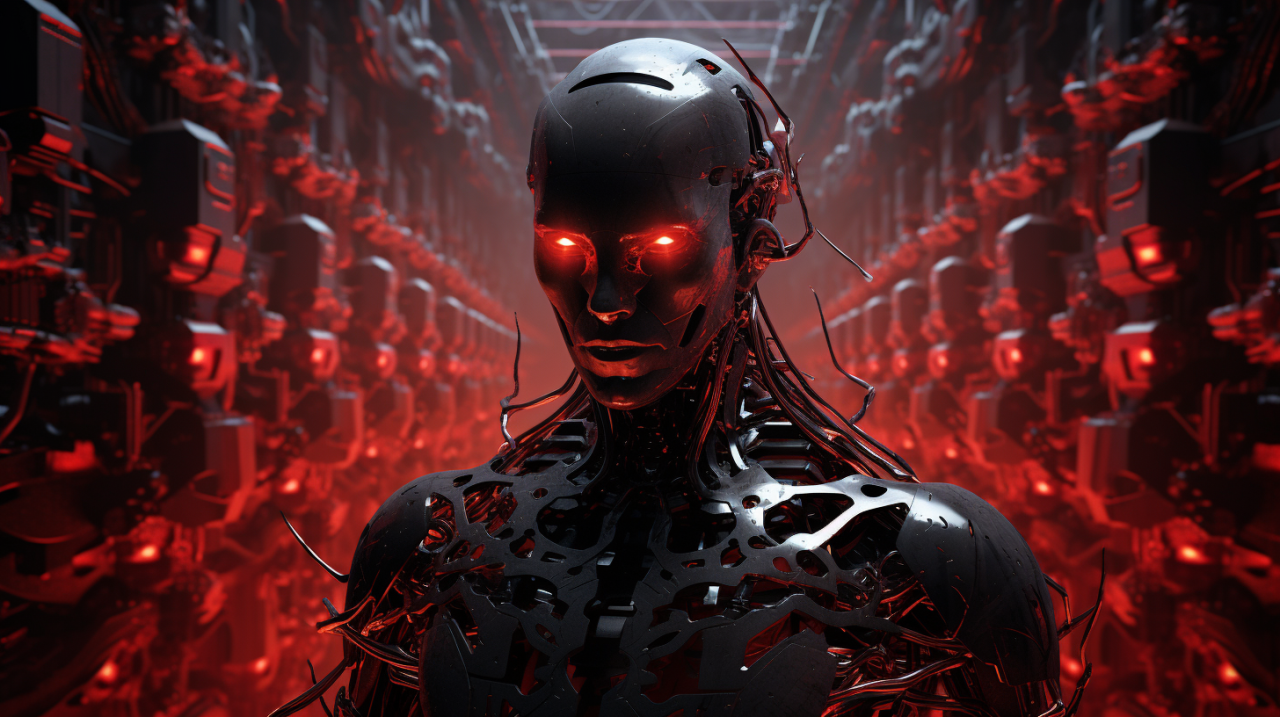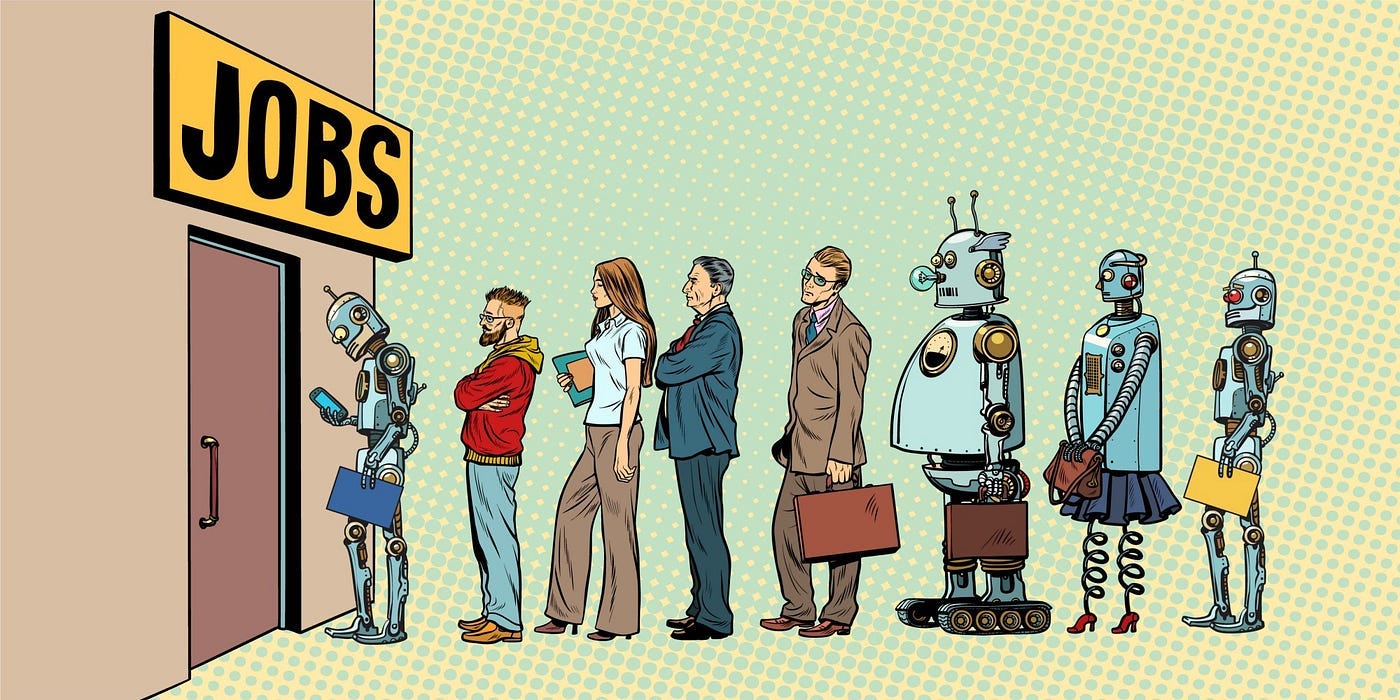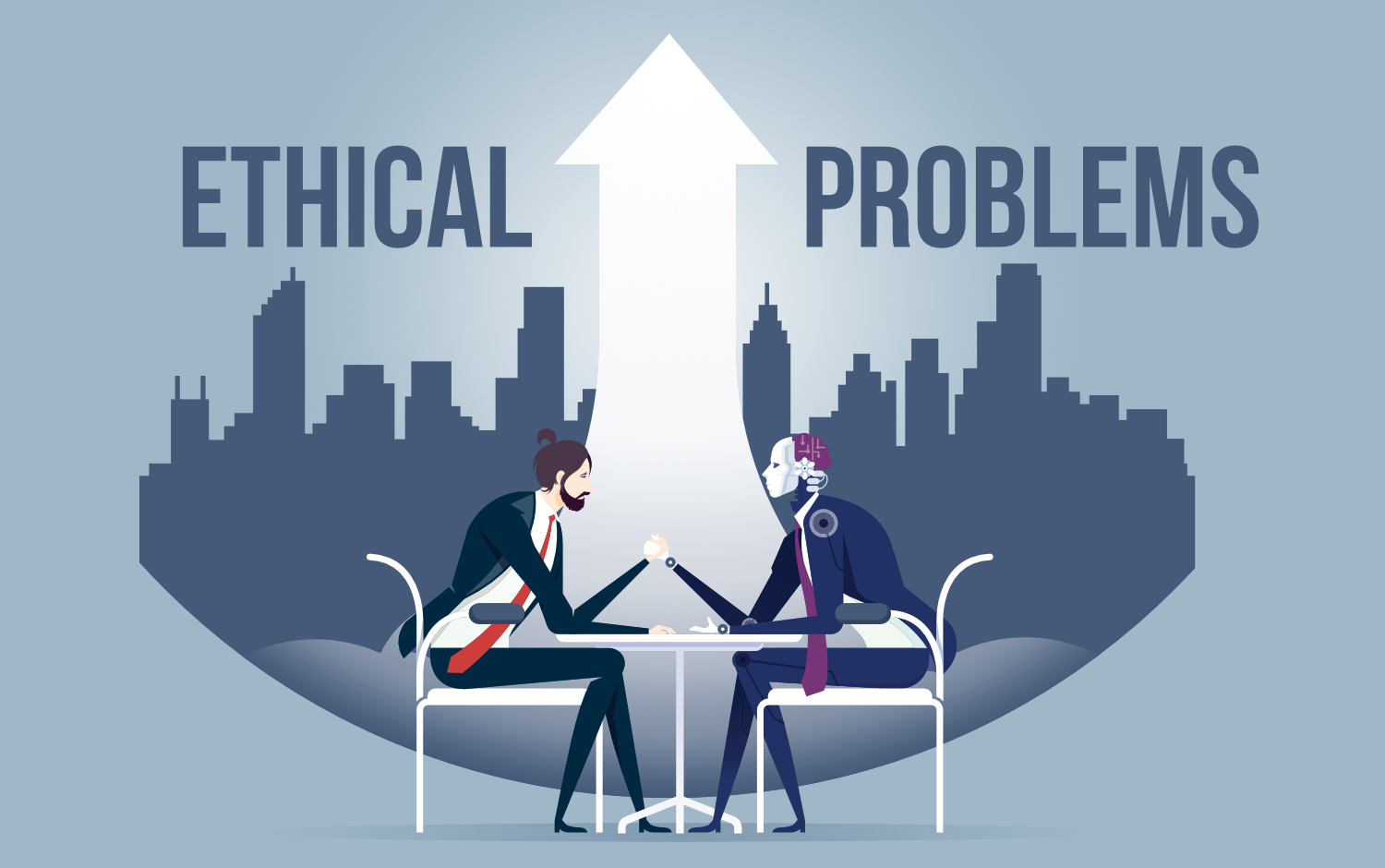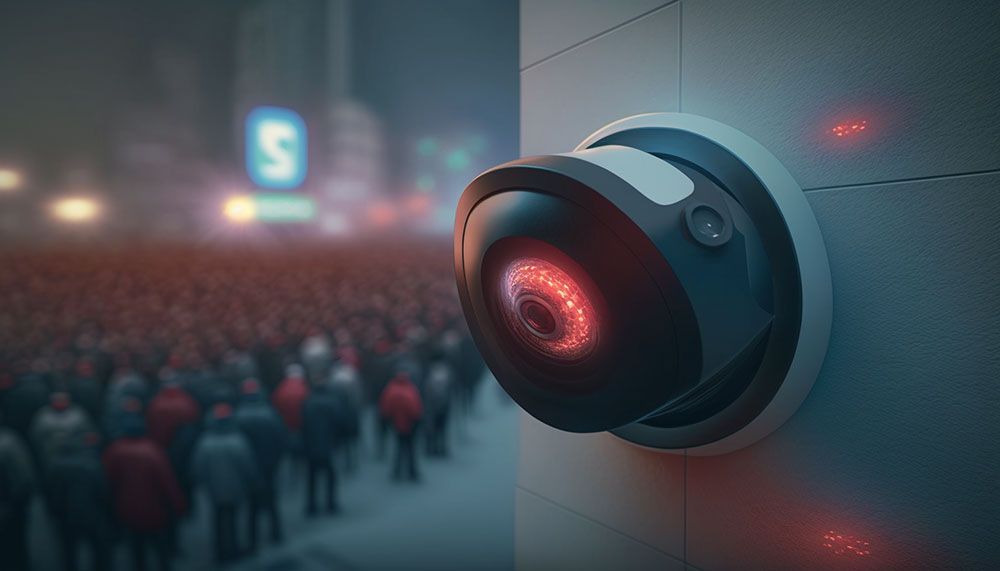Introduction:
In the realm of technology, Artificial Intelligence (AI) stands as one of the most revolutionary advancements of our time. It is awe-inspiring how it has the potential it has to automate tasks, improve decision-making, and innovate across industries. But in all these marvels, there are dark sides that come with AI’s brilliance. This blog focuses on the disadvantages of AI by highlighting ethical, societal, and existential concerns.

1. Job Displacement:
The impact of AI on employment is one significant concern about this technology. As AI gets more advanced, it can automate human-performed tasks leading to job displacement in various sectors. AI efficiency from manufacturing to customer service to transportation threatened the livelihoods for millions globally. However, the transition period may create more socio-economic gaps and end up leaving many people unemployed though new opportunities for jobs could be created.

2. Ethical Dilemmas:
Decision-making by AI algorithms relies on huge amounts of data often resulting in ethical dilemmas. Biased datasets tend to propagate discrimination which means that they reflect some prejudices in society itself. For instance, a biased facial recognition system may disproportionately confuse race or other physical characteristics between individuals based on their national origin or race.

3. Privacy Worries:
Privacy is at risk as AI surveillance systems and data analytics continue to increase. From social media sites to smart household devices, AI algorithms are constantly mining and analyzing personal data thereby raising concerns about surveillance capitalism and data exploitation. Moreover, deepfake technology has made it possible for manipulation of audio and video contents thereby blurring the lines between what is real and fiction. Protection of individual privacy in this era of AI mandates robust data protection laws, transparent algorithm use, and user consent.

4. Risks to Security:
AI may strengthen cyber defenses but also exposes organizations to new vulnerabilities and risks. AI algorithms can be used by malicious actors to launch advanced cyber-attacks like phishing scams, malware propagation, or even breaches of personal information. Moreover, trust is undermined by the spread of fake content generated by AI which includes deepfake videos/audio impersonations thereby facilitating disinformation campaigns. As AI advances, ensuring the security and integrity of its systems becomes crucial for securing digital infrastructure as well as national security

Conclusion:
While AI holds immense potential to transform our world for the better, acknowledging its disadvantages is essential for responsible innovation. Addressing issues such as job displacement, ethical dilemmas, privacy concerns, and security risks requires collective action from policymakers, technologists, and society at large. By fostering transparency, accountability, and ethical AI practices, we can harness the power of AI while mitigating its adverse impacts, paving the way for a more equitable and sustainable future.















